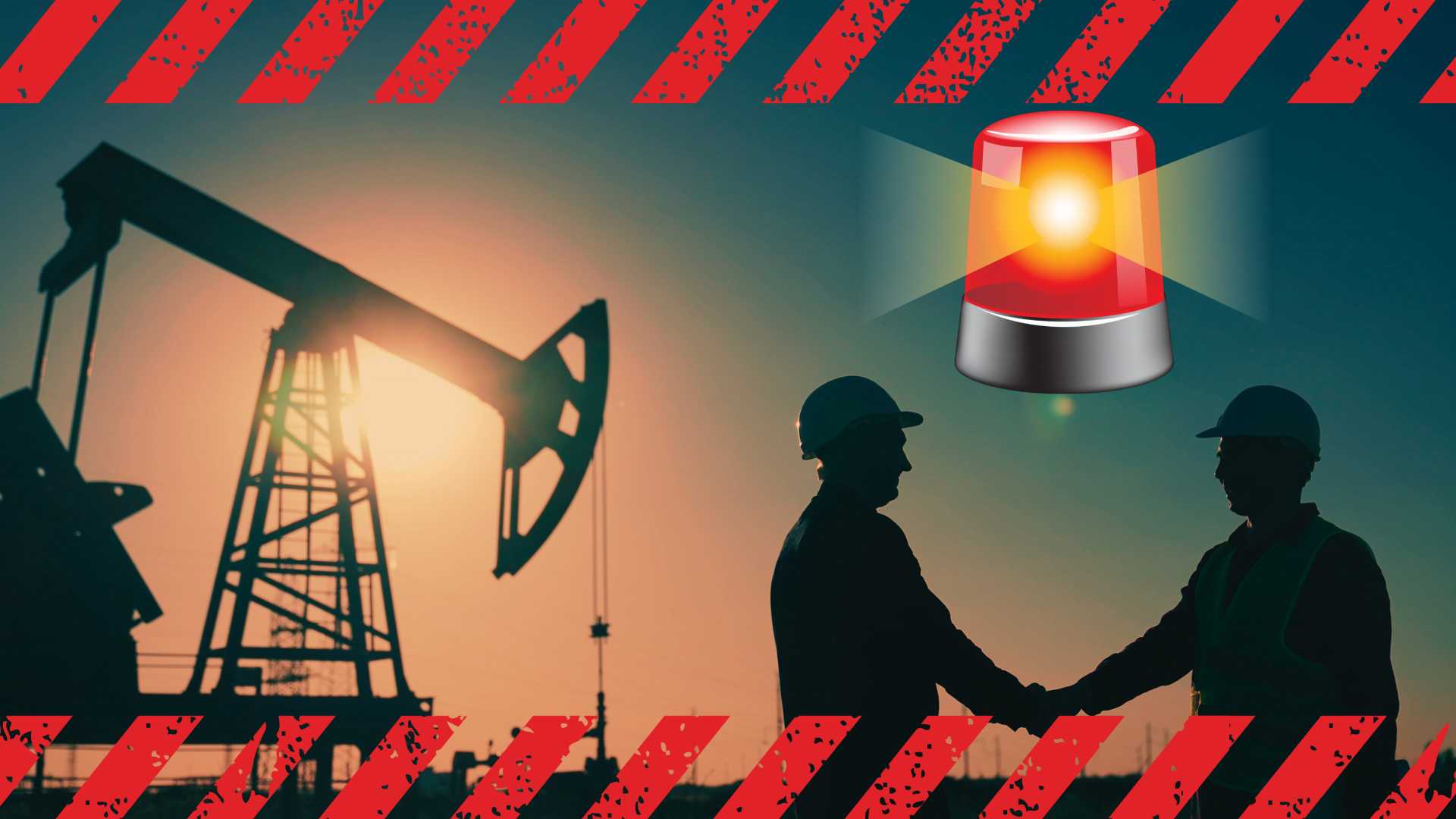
The Carlyle Group digs deep in the Mediterranean
Private equity giant expands its oil and gas operations overseas
August 5, 2024
Private equity giant, The Carlyle Group, announced in June it is building a new oil and gas drilling and exploration company in the Mediterranean. The firm kicked off this endeavor with a $945 million acquisition of a portfolio of upstream assets in Italy, Egypt, and Croatia from London-based energy company Energean.
The new Mediterranean upstream venture is expected to produce equivalent to 47,000 barrels of oil per day, and will operate in Italy’s largest gas field, Cassiopeia and Egypt’s largest gas producing hub, Abu Qir.
Carlyle states it maintains the “ultimate goal of net zero by 2050 across our direct investments,”[1] but with this new deal it continues to build out the firm’s oil and gas drilling footprint. According to the Private Equity Climate Risks Energy Tracker, Carlyle (including its subsidiary NGP) now has 23 fossil fuel-based companies in its portfolio and only 7 companies that focus on renewable energy, meaning 77% of the firm’s energy portfolio is made up of fossil fuel-based companies.
Carlyle/NGP owned energy companies
While some firms have ceased investing in upstream oil and gas citing climate concerns, Carlyle claims it is reducing carbon emissions by reducing the “carbon intensity of operations at the businesses it has owned”, Financial Times reports. However, an analysis of a subset of Carlyle-owned NGP’s emissions from 2014-2021 proves the opposite, emissions of the heavily fossil fuel-based energy portfolio of NGP have grown under Carlyle’s ownership and accounted for at least an estimated total of 97 million metric tons of carbon dioxide equivalent. Carlyle omitted NGP from its 2023 ESG report and did the same in 2022.
The April 2023 Private Equity Climate Risks analysis of Carlyle’s full energy portfolio revealed between 2011 and 2021 the firm dumped at least 277 million metric tons of CO2e into the atmosphere–about the same emissions as adding about 66 million gas-powered cars to the roads for a year.[2]
Last year Carlyle lagged behind its peers in fundraising for renewable energy projects, saw bankruptcies and increased risk associated with its gas-fired power plants, and struggled to raise funds for its latest flagship buyout fund. The firm also ranked as one of the Top Polluting companies on the 2023 University of Massachusetts Amherst Political Economy Research Institute’s Greenhouse 100 Polluters list.
Carlyle claims to be a climate leader, but continues to expand its fossil fuel footprint. Carlyle has failed to align its portfolio with science-based climate targets and has failed to disclose emissions and impacts. Institutional investors should ask Carlyle to cease upstream fossil fuel investments, how the firm plans to reduce investors’ financial exposure to risky energy assets, and what steps Carlyle is taking to clean up its dirty portfolio.
Resources
[1]https://www.carlyle.com/sites/default/files/2023-06/Carlyle-ESG-Report-2023.pdf; pg 9.
[2]https://www.epa.gov/energy/greenhouse-gas-equivalencies-calculator#results
